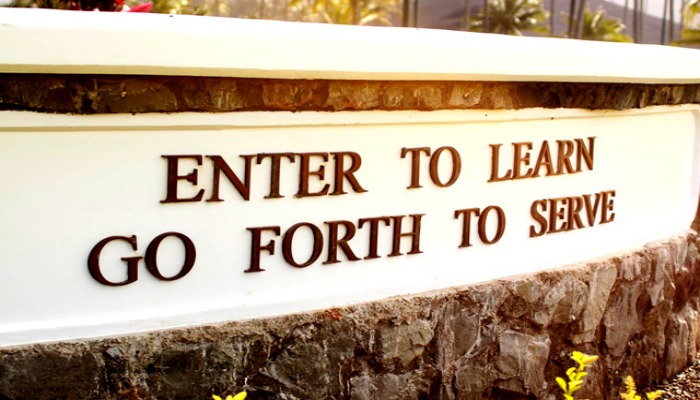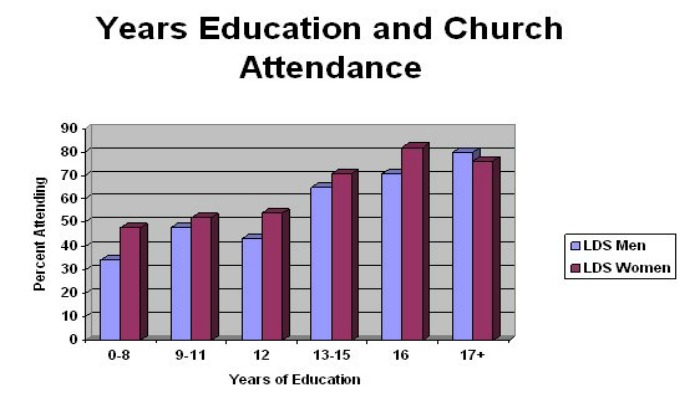
All of us with siblings semi-fondly remember the days of hiding that last Fudgsicle® in the bag of freezer-burnt broccoli; the more siblings you had, the more necessary hiding the best food became. This childhood rule of unequal distribution applies to nearly everything: food, clothing, and — according to a recent study — education.
In 1989 researcher Judith Blake found that family size has an overall negative effect on the amount of education a child receives. This doesn’t come as a surprise; the more children a family has, the more it must spread out the money to pay for college. Blake’s findings were verified by the research of social scientists across the nation. Since then it has been held as a law: the larger the family, the less education each child receives.
Recently, a BYU sociology professor decided to study this “law” in depth. Ben Gibbs and his team of researchers found that one group stood out as an exception to the rule: Mormons.
Mormon families have 1.3 children more than the national average, making them the largest families in America. Yet, the relationship between years of schooling and number of siblings was found to be 66 percent smaller than the average. Meaning, the size of a Mormon family has little effect on the amount of education each child will receive — everyone gets a Fudgsicle®.
Gibbs and his colleagues think this deviation from the trend is caused in part by Church welfare programs and a cultural emphasis on education. Mormon youth organizations provide children with mentor encouragement while member donations help subsidize the cost of education, increasing the children’s opportunity to receive an education.
Gibbs’s study, published in Demography, indicated that when the community or government contributes by providing educational resources for children, the effects of resource dilution drop dramatically.
The Best-Educated Mormons are also the Most Religious
This isn’t the first time Mormon culture has flipped a study on its head. In 1984, Tim B. Heaton studied the relationship between education and religiosity (how religious a person is). Heaton found that the more education a person has, the less religious they are. However, this trend is reversed for Latter-day Saints.

A more recent Pew Research Survey canvassed Mormons in America and noted similar findings. The most educated Mormons were the most devout, attending church regularly and indicating a firm belief in the Church’s teachings. Survey adviser and University of Notre Dame associate professor, David Campbell, remarked, “The more educated a Mormon is, the more likely they are to be wholehearted in their commitment to the church and its teachings.”


